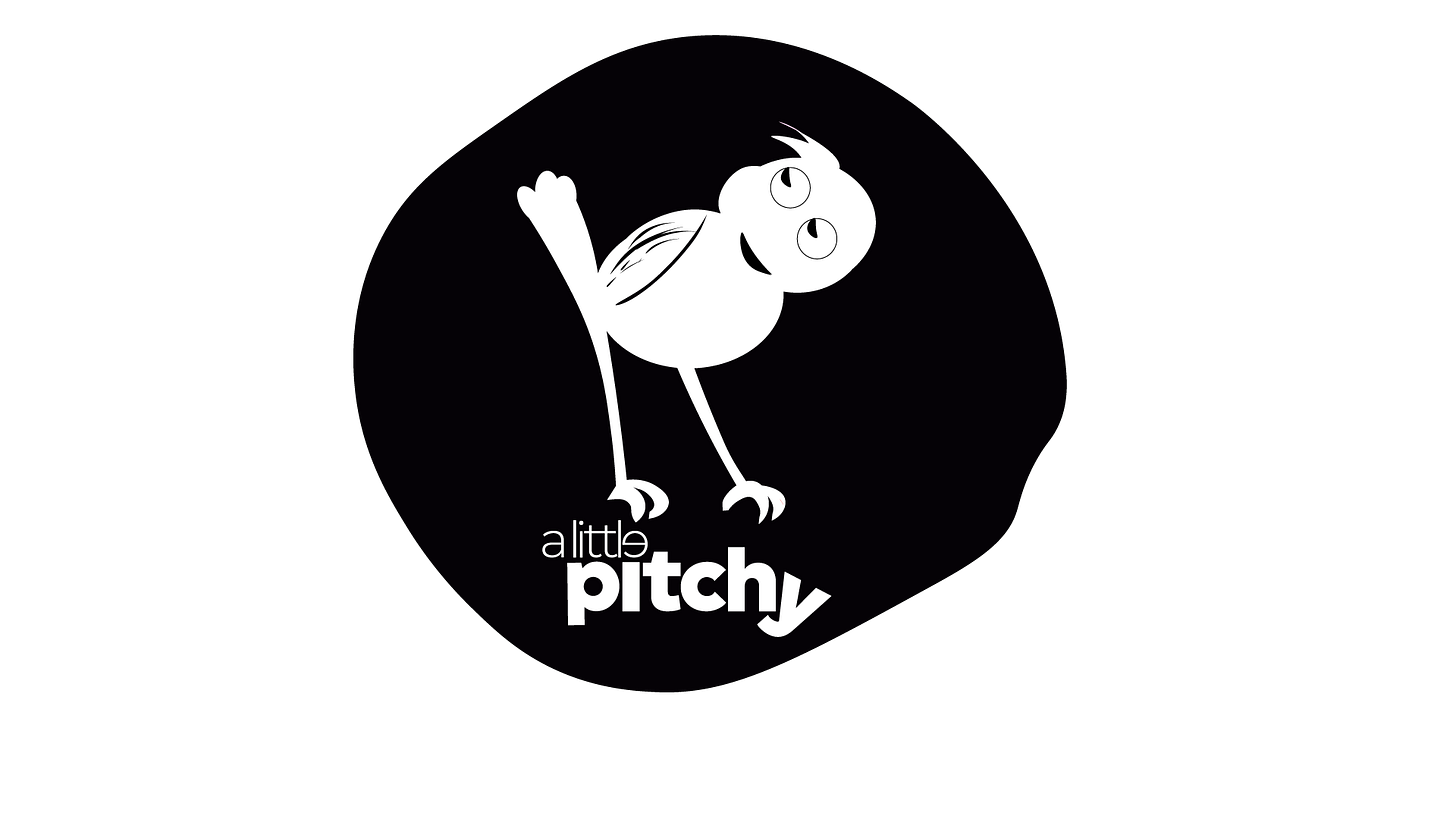Ryan Reynolds once said “Are you stalking me? Because that would be super.”
Well, yes I am stalking you …….again…… and will until this whole question is resolved once and for all.
You’d think after thirty years of running live music shows in pubs, clubs, weddings, festivals and backyards, We would all be immune to government curveballs. GST in 2000? We swallowed it. ABNs became the new rock ’n’ roll accessory. Venues started demanding Public Liability Insurance? We all lined up for Certificates of Currency like it was the hottest ticket in town. Tag your leads, draft your SWMS, write your Risk Management Plan — tick, tick, tick. Every time the government shifts the goalposts, we adapt. We don’t whinge, we just build it into our hustle.
But this new Superannuation nightmare? Oh, it’s a special kind of mess.
Here’s the reality:
Some agents are deducting super from artist fees instead of paying it on top — which is both dodgy and legally questionable.
Some are shoving the band’s super into one member’s account and telling them to redistribute to the others. That is a tax grenade waiting to explode — personal income, withdrawal rules, contribution caps — kaboom.
These same agents are licensed under the Private Employment Agents Act. By law, they cannot be the employer. Yet here they are, playing employer, payroll officer and super clearing house rolled into one.
And the rest of us? We’re all left scratching our heads, wondering: who’s actually liable, who’s paying what, and why on earth did the music sector get singled out for this in the first place?
The villain in this drama is s 12(8) of the Superannuation Guarantee (Administration) Act 1992. It’s the one-liner that drags every sportsperson, artist or entertainer into super liability land:
If you pay a person to perform music, play, dance, entertainment, sport, display, or promotional activity, you may be deemed their employer for SG purposes.
That’s it. No consultation with the industry. No explanation. No clarity about how it applies when you pay a band, a partnership, a company or an agent. Just a blanket clause dropped on us like a bureaucratic bomb.
Meanwhile:
APRA AMCOS don’t pay super to sole trader songwriters on royalties.
Labels don’t pay super to sole trader artists on streaming income.
Publishers don’t pay super on sync fees.
So why exactly are Customers paying for Live Music suddenly the bogeymen for live performers?
Here’s what burns the most:
No national music body is taking this on.
No industry leader is speaking out.
No correspondence from the ATO clarifying direction.
So every venue, every agent, every muso is running their own interpretation of the law. Willy nilly. Which means bad contracts, confused payments, and a whole lot of unnecessary fear.
This isn’t governance. This is abdication.
Our accountant is right now knee-deep in paperwork, preparing a formal ATO Ruling request. We’re asking the question nobody else seems willing to:
Why were musicians lumped into s 12(8) without industry consultation?
Who is actually liable in practice — venues, agents, artists, or their entities?
How do we stop agents unlawfully deducting super from artist fees?
Where’s the line between hobby, partnership, company, and results-based contract?
We’ll get clarity. Eventually. But until then? Musicians and Live Music Customers need a backup plan.
Sole Traders: Know that if you’re paid directly as an individual, the payer may well be deemed liable for super. Hobby status doesn’t save them.
Partnerships: If you rope in your spouse, parent, or bandmate and operate as a partnership, payments go to the partnership entity, not you. This helps buffer Live Music Customers (yes even brides for a one off performance at her wedding) from s 12(8).
Companies: Set up a Pty Ltd, and the payer is just hiring a company. No SG risk for them — the company handles any obligations.
Agents: If they’re licensed under the Private Employment Agents Act, they can’t be your employer. Don’t let them deduct super from your fee. It’s wrong in law and in practice.
Insurance: Venues will still want Public Liability Insurance. Hobby or business, you’ll need a Certificate of Currency if you want bookings.
This isn’t the first time our market sector has had to professionalise under pressure. GST, insurance, risk plans — we swallowed them all. And we’ll swallow this too, one way or another.
But here’s the truth: Sole Trader Musicians aren’t the problem. Live Music Customers aren’t the problem. Agents aren’t the problem. The problem is a lazy clause — s 12(8) — that dropped us into the super net without consultation, without context, and without a plan.
Until the ATO ruling lands, our job is to stay smart, stay structured, and stop letting fear-mongering or misinformation dictate how we run our business.
Because music is a business. And like every other business, we deserve clear rules, fair standards, and more than a little respect.
Final note: If you’re an artist, venue or agent confused about super, you’re not alone. We’re all in the same leaky boat. But don’t panic. Stay informed, don’t let anyone dock super from your fee unlawfully, and if in doubt — talk to a professional who actually understands both music and tax.
We’ll keep fighting for clarity. Until then, let’s keep the amps on and the contracts clean.
Written by Nichola Burton. I work in partnership with Agents, Artist Managers and Event Producers, who juggle a diverse range of relationships in the Musoverse, to curate, manage and measure data in systems, experience, creative and content to support the entire Musoverse operation in my enterprise A Little Pitchy Copyright 2025



